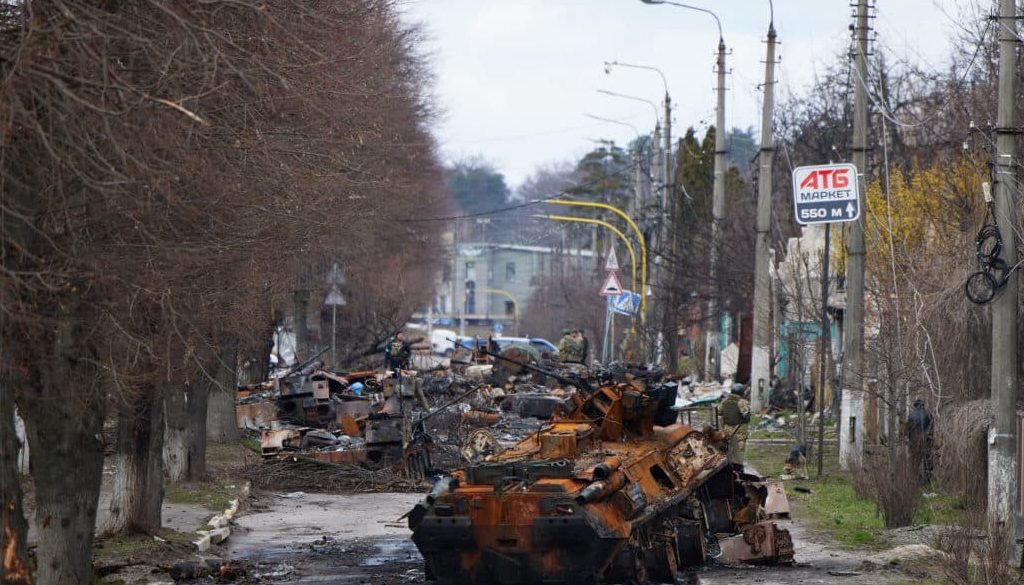Ukraine — How the War Started: Crimea, Pretexts & Escalation
Facts & Timeline
Euromaidan & government change (2013–2014): In late 2013, Ukraine’s President Viktor Yanukovych abandoned a planned EU association deal under Russian pressure. Mass protests (the Euromaidan movement) followed, leading to his removal in February 2014. (CFR)
Crimea takeover (Feb–Mar 2014): Russian troops, often unmarked, seized key positions in Crimea. A referendum was held under Russian oversight, which Moscow used to justify annexation in March 2014. Most of the world rejected it as illegitimate. (Britannica)
Conflict in Donbas (2014 onwards): Pro-Russian separatists, backed with varying levels of Russian support, took control in parts of Donetsk and Luhansk. A grinding proxy war followed, claiming thousands of lives. (CFR Backgrounder)
Military build-up (2021–2022): From late 2021, Russia deployed large numbers of troops along Ukraine’s borders. Western intelligence warned of invasion; Moscow denied the claims, calling it “training exercises.” (Wikipedia – Prelude to invasion)
“Special military operation” (Feb 24, 2022): Russia invaded Ukraine, declaring its aim was to “demilitarize” and “denazify” the country. Ukraine and most of the world saw this as a false pretext for aggression. (CSIS)
Current Situation
-
Russia maintains that its intervention is defensive, citing NATO expansion and alleged threats to Russian-speaking populations. It is the opinion of some analysts that these arguments are used as justification for territorial expansion. (Carnegie)
-
Critics allege that prior to the invasion, Russia used staged incidents and disinformation campaigns to create pretexts for war. (DoD – Pretexts for War)
-
Supporters of Moscow’s position argue that Western influence in Ukraine and NATO’s eastward expansion left Russia feeling cornered. (lse.ac.uk)
-
Ukraine, meanwhile, rejects these claims, pointing to its sovereign right to choose alliances and insisting that its territory is being violated by aggression. (BBC)
Motivations & Analysis
-
It is the opinion of many international observers that Russia’s moves combined propaganda, ambiguity, and staged provocations to manufacture justification for war. Critics argue this allowed Moscow to frame invasion as defense rather than expansion.
-
Others, however, stress that Russia has long seen Ukraine as part of its security buffer. From this perspective, NATO’s presence in Eastern Europe and Kyiv’s westward orientation were seen as existential threats. (Brookings)
-
What is clear is that the annexation of Crimea secured Russia’s Black Sea fleet and naval access, while the Donbas conflict created leverage over Ukraine’s politics. Whether seen as expansionist or defensive, the outcome has been prolonged war, heavy casualties, and regional instability.
Scriptural Perspective & Hope
The Bible helps us view such conflicts through God’s eyes. Jesus warned: “Nation will rise against nation and kingdom against kingdom.” (Matthew 24:7) Proverbs reminds us: “A hot-tempered man stirs up strife, but one who is slow to anger calms a dispute.” (Proverbs 15:18). And Jehovah detests “a lying tongue, hands that shed innocent blood, a heart plotting wicked schemes, feet that run to evil, a false witness, and one who stirs up contention.” (Proverbs 6:16–19).
These verses are not directed at one leader or government. Rather, they describe anyone — individual or nation — who engages in such practices. Whether through lies, schemes, or stirring up contention, these are actions that God does not approve.
Yet the Bible also points forward to something far greater. Isaiah foretold: “He will judge between many peoples … they will beat their swords into plowshares and their spears into pruning shears. Nation will not lift up sword against nation, nor will they learn war anymore.” (Isaiah 2:4). This promise is not limited to Ukraine and Russia — it is global.
Under the Messiah’s rule:
-
“A twig will grow out of the stump of Jesse… the spirit of Jehovah will rest upon him, a spirit of wisdom and understanding.” (Isaiah 11:1–2)
-
“With righteousness he will judge the poor, and with fairness he will give decisions for the meek of the earth… He will strike the earth with the rod of his mouth.” (Isaiah 11:4)
-
“They will not harm nor destroy in all my holy mountain, because the earth will be filled with the knowledge of Jehovah as the waters cover the sea.” (Isaiah 11:9)
This is the peace God’s Kingdom will bring — not a fragile ceasefire, but worldwide justice, security, and freedom from war forever.




